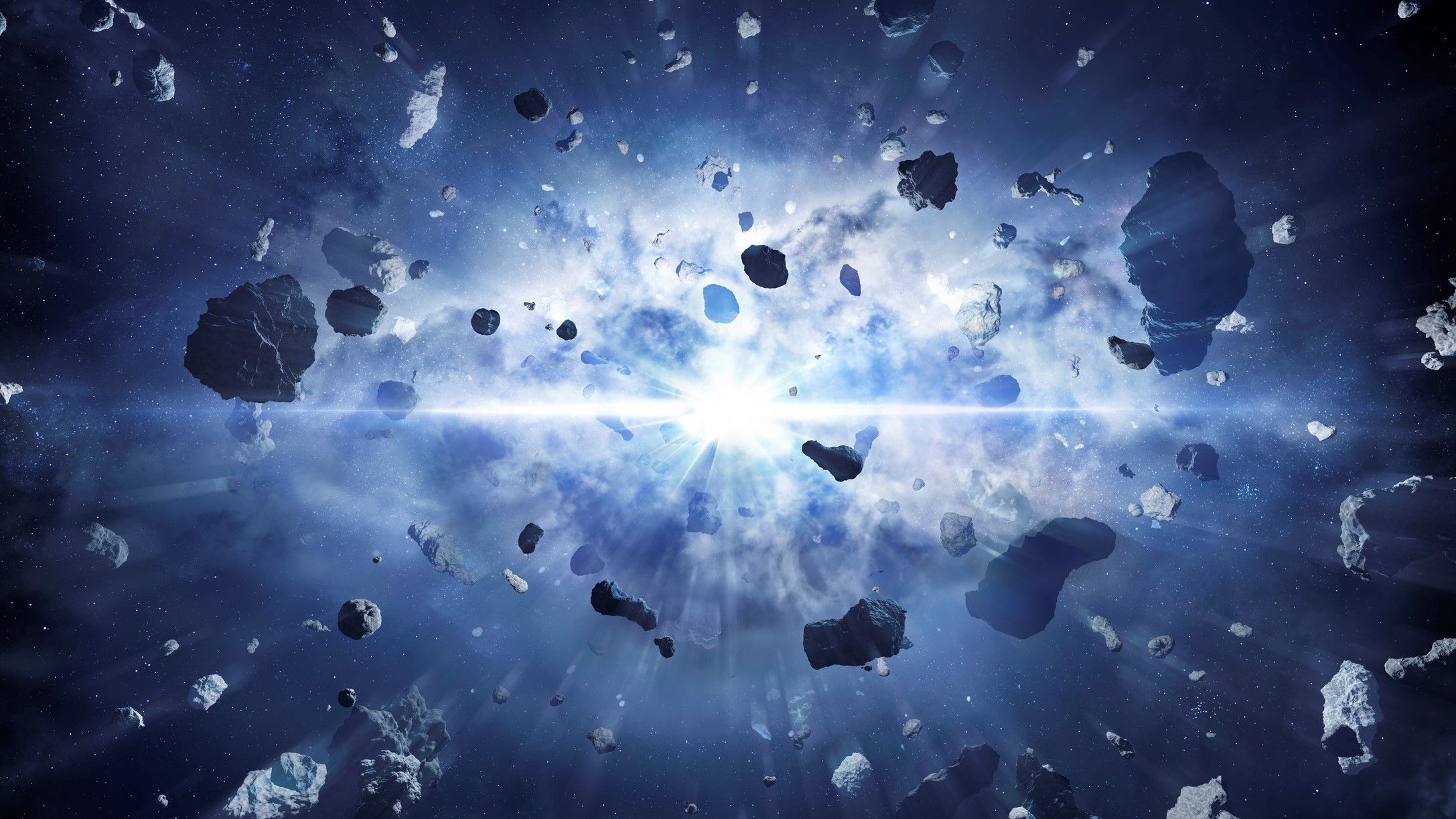you're forced to reckon with the
necessary attributes such a cause must possess. It must be:
- Timeless (because time itself began with the Big Bang),
- Spaceless (because space also began then),
- Immaterial (since it exists outside physical matter),
- Uncaused and necessary (since infinite regress is logically incoherent),
- Immensely powerful (it brought the universe into being from non-being),
- And, most crucially, intelligent (because the universe is not random chaos, but rationally ordered and fine-tuned for life and consciousness).
Lets look at the flaws in your curated "necessary attributes":
Timelessness and Spacelessness: The claim that time and space “began” at the Big Bang is based on general relativity, but quantum cosmology models (such as the Hartle-Hawking no-boundary proposal, which I've mentioned before) suggest that time may not have a distinct beginning, but could be emergent from more fundamental, timeless quantum conditions. In such models, spacetime is a derived concept, not requiring a timeless or spaceless "cause."
Immateriality: Asserting that the cause must be immaterial assumes a dualistic ontology (mind/matter, spirit/body) without empirical justification. It’s entirely plausible that the cause of our universe is physical but exists in a different form (e.g., a quantum vacuum, multiverse field, or higher-dimensional brane) rather than a supernatural, immaterial entity.
Uncaused and Necessary: The rejection of infinite regress is philosophical, not empirical. Also, asserting that a “necessary being” must exist shifts the problem: why is
that being exempt from causality? Declaring it “necessary” is a metaphysical label, not a demonstrated fact.
Powerful: "Power" here is anthropomorphic. The quantum vacuum, for instance, can give rise to particles and energy fluctuations — not through "will" or "power," but through probabilistic laws. Something can give rise to the universe without intent or force, just by obeying natural laws.
Intelligent and Fine-Tuned: Apparent fine-tuning is an illusion caused by selection bias (we're here to observe it because we live in a universe that permits life).
Category Error: To assign human-like attributes (intelligence, will, intent) to the cause of the universe is a category mistake — projecting familiar traits onto what is a physical, impersonal, origin.
The rest of your argument is dead on arrival. The appeal to God as the “best explanation” for the universe is just not compelling, as it relies on your philosophical preferences rather than demonstrable necessity. While the universe may have had a beginning and appears law-governed and fine-tuned, these features do not require an intelligent cause. Natural processes — including quantum events, multiverse models, and emergent laws — offer plausible or evidence-based alternatives. The existence of consciousness and morality is being explored by science through evolutionary and neurological frameworks. Again we do not need to jump a "divine source" just because we dont currently understand all of it.
Above all, pointing to areas where science currently lacks answers does not justify inserting a supernatural explanation - it's a fundamental, basic, error.
We do not need jump to extraordinary explanations like gods to bridge current gaps in knowledge.
If you have anything new to reply with, that's actually intellectually interesting and based on empirical evidence and reasoning, I'll reply.






